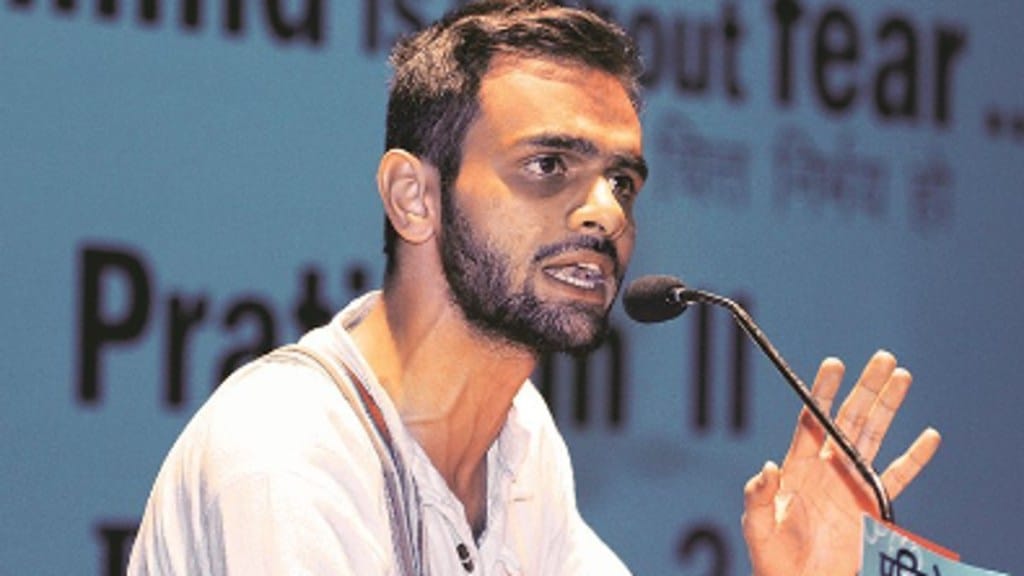Umar Khalid, a former Jawaharlal Nehru University (JNU) student activist, entered his fifth year in jail this week on charges under the Unlawful Activities (Prevention) Act (UAPA). The Delhi Police, in a 2020 chargesheet, described him as a ‘veteran of sedition,’ accusing him of conspiring to organise protests against the Citizenship Amendment Act (CAA) and National Register of Citizens (NRC) that allegedly incited violence during then U.S. President Donald Trump’s visit to India.
At the core of the case is the interpretation of what constitutes a ‘terrorist act’ under Section 15 of UAPA. This section criminalises acts aimed at threatening India’s unity, integrity, or security, including the use of bombs or other means of violence. The prosecution argues that the ‘chakka jam’ (road blockade) Khalid allegedly helped organise qualifies as a terrorist act, falling under the category of “any other means.”
The evidence against Khalid is based primarily on statements from more than two dozen protected witnesses, identified by code names such as Saturn and Echo, who claim that Khalid discussed the need for violent protests during secret meetings. Some witnesses allege that Khalid made provocative speeches, including statements like “aandolan khoon maangta hai” (a movement demands blood). However, his defense has challenged the reliability of these testimonies, pointing out that they were recorded nearly a year after the initial FIR and contain no corroborating physical evidence, such as weapons or banned literature.
Despite this, Khalid’s bail pleas have been rejected multiple times, with courts citing the Supreme Court’s 2019 Zahoor Ahmed Shah Watali ruling, which restricts courts from questioning the merits of allegations under UAPA during bail hearings. As the trial has yet to begin, the broader legal debate around the interpretation of UAPA’s provisions remains unresolved, potentially impacting the future of Khalid’s case.


